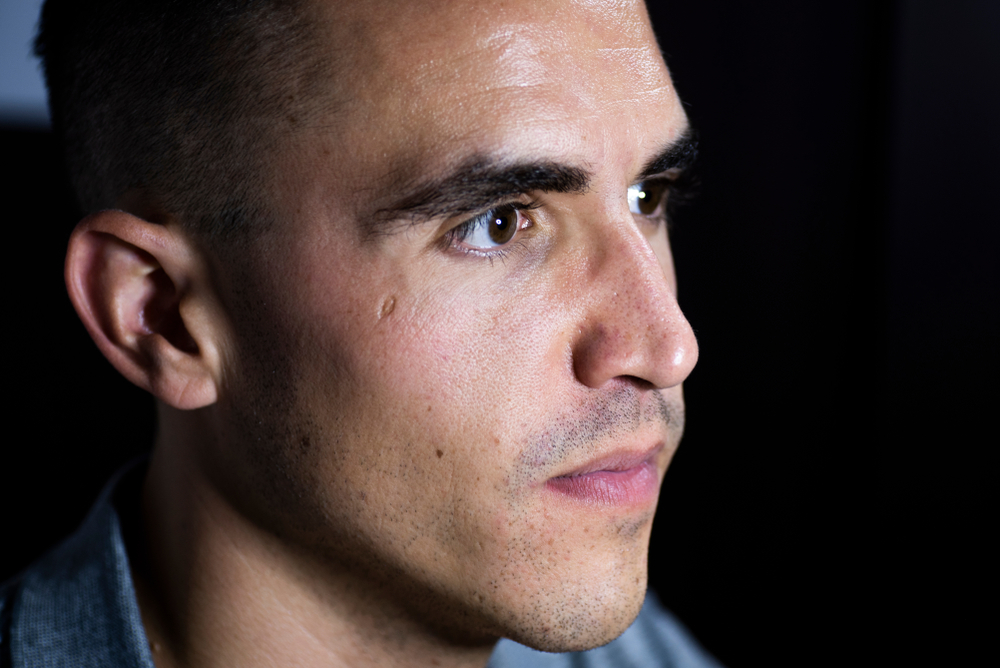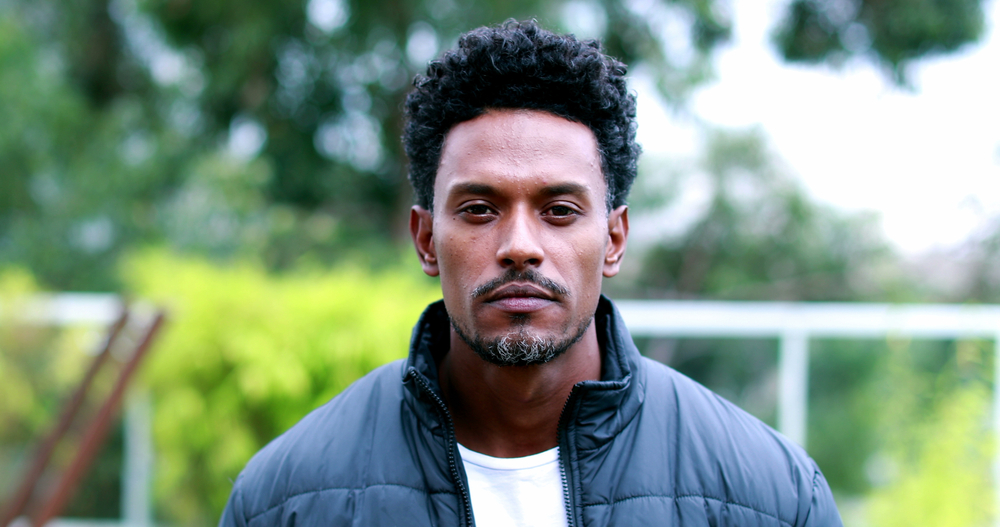We all make mistakes—it’s part of being human. But how we handle those mistakes can reveal a lot about our character and our willingness to grow. If you find yourself constantly pointing the finger at other people or external circumstances, it might be time for some introspection. Recognizing these patterns is the first step towards taking responsibility and building healthier relationships. With that in mind, here are some tell-tale signs that you might be a master of deflection and need to start owning up to your actions.
1. Your vocabulary is full of “buts.”

Do you find yourself constantly using “but” to justify your actions or downplay your role in a situation? “I would have done it, but…” or “It wasn’t my fault, but…” are classic examples of deflecting blame. While it’s natural to want to explain your side of the story, overusing “but” can indicate a reluctance to take full ownership of your mistakes.
2. You’re quick to point fingers.

When things go wrong, do you immediately look for someone else to blame? Whether it’s your coworkers, your partner, or even the weather, pointing fingers is a surefire way to avoid taking responsibility. It might feel good in the moment to shift the blame, but it ultimately prevents you from learning and growing from your experiences.
3. You often play the victim.

Do you tend to see yourself as a victim of circumstance, always at the mercy of external forces? While it’s true that sometimes things are beyond our control, constantly playing the victim can be a way to avoid accountability, per WebMD. It allows you to externalize your problems and absolve yourself of any responsibility for your role in the situation.
4. You focus on everyone else’s flaws instead of your own.

When faced with criticism, do you immediately deflect by pointing out someone else’s shortcomings? This is a classic deflection tactic that allows you to avoid facing your own flaws and areas for improvement. While it might feel satisfying to turn the tables, it ultimately hinders your personal growth and prevents you from taking constructive feedback to heart.
5. You rarely apologize sincerely.

Do your apologies sound more like justifications or excuses than genuine expressions of remorse? If so, it’s a sign that you’re not truly taking responsibility for your actions. A sincere apology involves acknowledging the harm you caused, expressing remorse, and making amends. If you’re not willing to do that, it’s likely that you’re still deflecting blame.
6. You struggle to see things from other perspectives.

Do you find it difficult to understand how your actions might have impacted other epople? If so, it could be a sign that you’re too focused on your own perspective and not taking the time to consider how your behavior affects those around you. Empathy is crucial for taking responsibility, as it allows you to see the situation through someone else’s eyes and understand the consequences of your actions.
7. You make promises you don’t keep.

Do you often make promises that you never follow through on? This can be a form of deflection, as it allows you to appear responsible and accountable without actually having to do the work. Breaking promises erodes trust and can damage relationships. If you find yourself constantly making promises you can’t keep, it might be time to re-evaluate your priorities and commitments.
8. You have a history of blaming other people in past relationships.

If your past relationships have been marked by blame and accusations, it’s a good indicator that you might have a pattern of deflecting responsibility. It’s important to reflect on these past experiences and identify any recurring patterns of behavior. If you notice that you tend to blame anyone and everyone else for your problems, it might be time to seek professional help to address this issue.
9. You get defensive when given feedback.

Instead of listening to constructive criticism, do you immediately jump to defend yourself or explain why the feedback is wrong? This defensive reaction can be a way to avoid acknowledging your mistakes and taking responsibility for your actions. It can also create tension and conflict in relationships, as it shows a lack of openness to growth and improvement.
10. You have difficulty admitting when you’re wrong.

Saying “I was wrong” can be difficult for many people, but it’s a crucial step towards personal growth and healthy relationships. If you find yourself struggling to admit your mistakes, even when it’s clear that you’ve made them, it’s a sign that you might be deflecting blame. It’s important to remember that admitting you’re wrong doesn’t make you weak; it shows that you’re mature and willing to learn.
11. You minimize the impact of your actions.

Do you downplay the consequences of your mistakes or try to make them seem less significant than they are? This is another way to avoid taking full responsibility for your actions. While it’s important to forgive yourself and move on, minimizing the impact of your mistakes can be hurtful to those you’ve affected. It’s essential to acknowledge the full extent of your actions and their consequences in order to make amends and rebuild trust.
12. You shift the focus to your intentions rather than your actions.

While intentions are important, they don’t excuse harmful behavior. If you find yourself constantly saying “I didn’t mean to” or “I didn’t realize it would hurt you,” it might be a sign that you’re deflecting blame. It’s important to focus on the impact of your actions, not just your intentions. Even if you didn’t mean to hurt someone, it’s still important to take responsibility for the harm you caused.
13. You blame your upbringing or past experiences.

While our past experiences can shape who we are, they don’t excuse our current behavior. If you find yourself constantly blaming your childhood, past traumas, or other external factors for your mistakes, it’s a way to avoid taking ownership of your present choices. While it’s important to acknowledge the impact of your past, it’s equally important to recognize that you have the power to choose how you respond to those experiences.
14. You compare yourself to people who have done worse.

When confronted with your own wrongdoing, do you try to justify it by comparing yourself to people who have done worse things? This is a common deflection tactic that allows you to minimize your own actions and avoid taking full responsibility. It’s important to remember that everyone is accountable for their own behavior, regardless of what anyone else may or may not have done.
15. You refuse to acknowledge the harm you’ve caused.

One of the most telling signs of deflecting blame is a refusal to acknowledge the pain or hurt you’ve caused other people. If you minimize their feelings, dismiss their concerns, or try to invalidate their experiences, it’s a clear indication that you’re not willing to take responsibility for your actions, Psych Central notes. Acknowledging the harm you’ve caused is a crucial first step towards making amends and rebuilding trust.
16. You avoid situations where you might be held accountable.

Do you shy away from conversations or situations where you might be held accountable for your actions? This avoidance can be a subtle form of deflection, as it allows you to escape the discomfort of facing your mistakes. However, avoiding accountability only prolongs the issue and prevents you from learning and growing. Facing your mistakes head-on is a sign of courage and a willingness to take responsibility for your actions.




